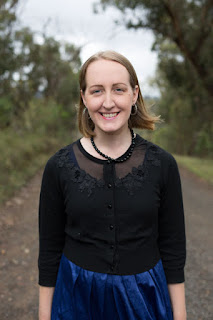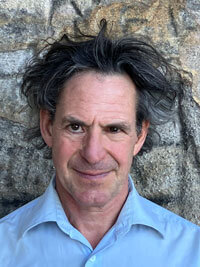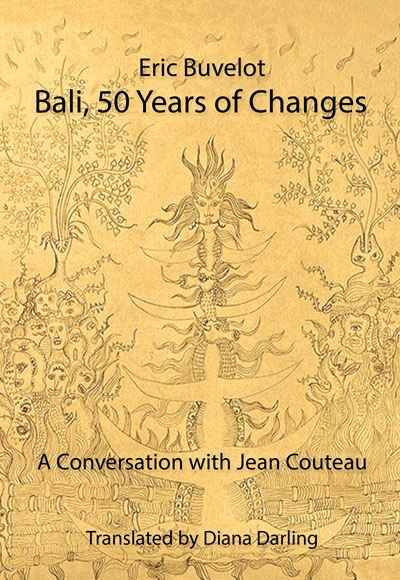In this lecture, Jon Watts challenges Friends to consider how we can use modern communication tools such as the internet and social media to act and communicate in faith. During his studies at Guilford College, Jon was inspired by the courageous and sometimes outlandish ministries of early Friends such as George Fox, James Nayler, and Solomon Eccles. In response, Jon wrote and produced several albums of music. A video promoting one of these songs went ‘viral’, generating many lessons about what Quakerism might look like in the age of the internet. More recently, Jon has continued to explore innovative methods of ministry including founding the QuakerSpeak youtube channel, and Thee Quaker Project, a 21st century Quaker media organization. Jon argues that the internet may offer Friends a space in which they can share their experiences of Quaker life with a broader, more global audience. Just as the printing press was essential to the evolution of the early Friends, the internet may enable contemporary Friends to share our experiences of Quaker faith and practice in a more effective and relevant way.
Sample
In 2007, I wrote an autobiographical song about growing up as a Quaker. Called “Friend Speaks My Mind”, the song, an upbeat exploration of an adolescence spent at youth groups and summer camps, was an earnest attempt at theological reckoning intermingled with some friendly inside jokes.
A few years later I filmed a short music video at Pendle Hill, a Quaker retreat center near Philadelphia, to promote the song. The concept was a Quaker Meeting for Worship that transforms into a dance party after I stand and deliver the song as vocal ministry. When it was finished, I uploaded the video to a brand-new online video platform called YouTube.
For those of us who remember that era, the idea of online video streaming was very new. We were still receiving DVDs in the mail! So, the concept of online video streaming was novel, even more so a platform where anyone with a camera and an internet connection could post a video for the world to see. Looking back, it seems trite (we were so innocent!), but at the time it was mind-boggling.
My own YouTube channel, which I had just launched the year before, had three videos and a couple hundred views. I was feeling good. So I uploaded this new music video, named it Dance party erupts in Quaker Meeting for Worship, sent it out to the handful of people on my newsletter list, and left for a camping trip.
When I returned a few days later, I checked the video. It had 30,000 views. My inbox was full of messages from Quakers all over the world, including places where I hadn’t realized Quakers existed. I was stunned. At the time, the term “viral video” had not yet been coined. There was no road map for how to navigate this amount of sudden attention, and it wasn’t all glowing. The comments section was full of Quakers from around the globe passionately—and often rudely—disagreeing with one another about the theology in the lyrics.
Some commenters said they loved the video, while others hated it. Some were saying, ‘I’ve never even heard of this kind of Quaker’, while others said, ‘I’ve only ever heard of this kind of Quaker.’ They seemed deeply frustrated with each other, as if to ask, ‘What kind of bubble are you in?’
To make matters more interesting, there was a third category of people, who left comments like, ‘I’ve never heard of Quakerism at all but it looks pretty fun. I’d like to try it out.’ Of course, that was not my reason for making the video, but processing the whirlwind of attention, positivity, negativity, and sincere curiosity, a light bulb turned on for me.
Here’s the light bulb: we have crossed into a new era where we are encountering each other across theological lines and geographic lines in ways that our spiritual ancestors never did. Our carefully built Quaker silos have fallen, for better or for worse.
At the same time, seekers and newcomers have unprecedented access, not only to information about the Quaker spiritual path but also to the dialogues happening inside our communities—our dramas and our disagreements. This is new territory. There is no precedent.
My epiphany in 2009 has guided my work up to this day, and I’m honored to have this opportunity through the Backhouse Lectures to explore that light-bulb moment: What are the pitfalls and challenges of this new era of connectedness? What are the opportunities newly available with these 21st-century platforms? How is the Spirit calling us forth? What’s next?
























Be the first to review “Quakers, the Internet, and What’s Next – James Backhouse Lecture 2023”